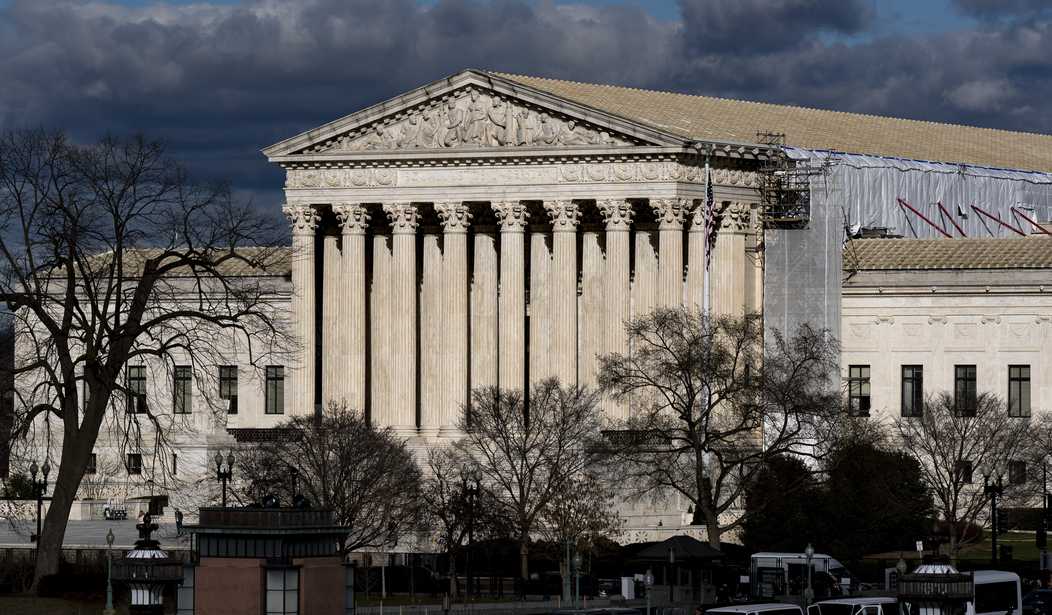A case before the Supreme Court over whether the Consumer Financial Protection Bureau (CFPB) is funded constitutionally is settled, with the nation's highest court ruling that it passes muster.
The 7-2 decision, which came out Thursday morning, was surprisingly written by Justice Clarence Thomas. In that decision, the majority stated that the funding of the government agency was well within the accepted definition of the government appropriations process.
Neil Gorsuch and Sam Alito were the two dissenting votes.
"Our Constitution gives Congress control over the public fisc," Thomas wrote for the majority, "but it specifies that its control must be exercised in a specific manner."
The Appropriations Clause commands that “[n]o Money shall be drawn from the Treasury, but in Consequence of Appropriations made by Law.” Art. I, §9,cl. 7. For most federal agencies, Congress provides funding on an annual basis. This annual process forces them to regularly implore Congress to fund their operations for the next year. The Consumer Financial Protection Bureau is different. The Bureau does not have to petition for funds each year. Instead, Congress authorized the Bureau to draw from the Federal Reserve System the amount its Director deems “reasonably necessary to carry out” the Bureau’s duties, subject only to an inflation-adjusted cap. 124Stat. 1975, 12 U. S. C. §§5497(a)(1), (2). In this case, we must decide the narrow question whether this funding mechanism complies with the Appropriations Clause. We hold that it does.
The Court's decision reversed the Court of Appeals, which ruled that there was a difference between the funding structure being written into the law designed by Congress and the actual appropriation of money. The lower court argued that specific appropriation of money was required from Congress.
"Under the Appropriations Clause, an appropriation is simply a law that authorizes expenditures from a specified source of public money for designated purposes," Thomas wrote. "The statute that provides the Bureau’s funding meets these requirements. We therefore conclude that the Bureau’s funding mechanism does not violate the Appropriations Clause."












Join the conversation as a VIP Member